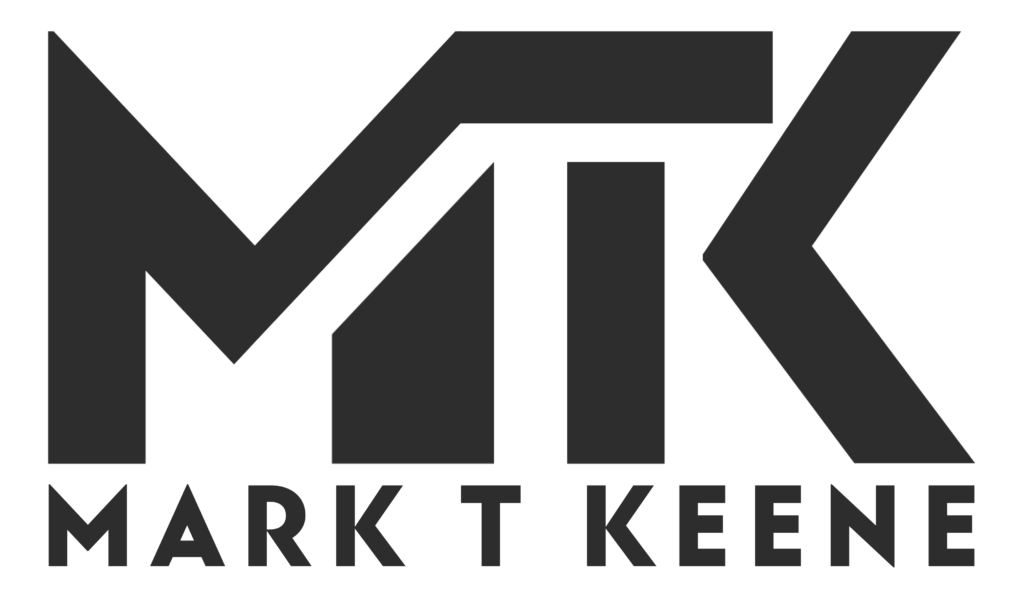

Close

One of the things I’ve done for 25 years is I’ve lead professionally. If you go even further back, I have been leading since highschool. And so you might imagine, I often have conversations that go something like this, “I need to be a better leader. How do I become a better leader?” And when people ask that question, you feel the pain. We are all leaders by the way, Don Maxwell says “leadership is the influence and you and I, we all have influence over people. People are watching us, whether we realize it or not.
We still ask the question, HOW CAN I BECOME A BETTER LEADER?
Because we’re not getting the results that we want. And if you’re leading people, perhaps you’re familiar with what Patrick Lencioni calls, The Five Dysfunctions of a Team, which you could just as easily call the five dysfunctions of leadership. Here’s the thing, if you’re going to be a leader, don’t lead individuals; lead teams. If you want to be a better leader shift from thinking, how do I lead this one person to how can I lead a team of people? How can I be a better leader of leaders, because leadership comes down to building the right team.
Then of course we can lead people individually, but the principles are the same across the board. And so the five dysfunctions Lencioni talks about (great book, by the way) The Five Dysfunctions of a Team. He talks about a lack of trust that there is an absence of trust. When you have an absence of trust, there’s no vulnerability. Have you been on that team where nobody trusts each other, nobody will let their guard down. Everybody’s trying to look good and act like they got it all together. When you have an absence of trust and vulnerability, that leads to the second dysfunction, which is unhealthy conflict… Where people are attacking people. And it’s always one person against the next and this team against the other. And there are these alliances; this little group and that little group. And there is all this junk, unhealthy conflict and that leads to a lack of commitment on your team. The lack of commitment leads to massive ambiguity because nobody knows what they’re committing to. Nobody knows what they’re committing to. And then people avoid accountability as the fourth one. No one wants to be held accountable when there is someone that looks like they are not being held accountable… and that’s not fair. And then when you have an avoidance of accountability, you get inattention to results, which is the fifth dysfunction he level labels.
If you’re breathing and you’ve served in an organization of any sort, I’m guessing you’ve experienced some, if not all of the five dysfunctions of a team. So what do we do if I want to be a better leader? Well, you begin to build teams in a different way, in a healthy way. I took those five healthy functions and flipped them years ago (because words are powerful) into the five healthy functions. Think of a pyramid. a pyramid that the foundation is complete trust. If you want to be a better leader, get people to trust you.
In another post, I’m going to talk about the five levels of leadership that John Maxwell identified. Positional leadership is the lowest form of leadership. When people follow you because they have to, maybe they follow you because if they don’t follow you, they aren’t going to get paid.
Trust is what it takes to become a better leader, which means for you as the leader to demonstrate vulnerability, vulnerability creates trust. If I’m serving you and you got all the answers and you’re never wrong and you never make mistakes… I’m not going to trust you because you’re perfect. And it’s hard to trust the perfect person.
Leaders, if you want to be a better leader, learn to become vulnerable and comfortable. I learned this a long time ago, I lead more from my weaknesses, mistakes, shortcomings, and failures than I ever do for my strengths, my successes, and my victories. I want people to know I’m human. And so when I let them know that I’ve screwed up, that I’ve had second guesses, that I don’t have all the answers, that I need them to support me in this leadership role. All of a sudden that endears trust. And when you build trust on a team, you have taken the first step to become a leader of teams because you’ve demonstrated vulnerability.
So trust is the absolute foundation, you might think, does this apply in other areas of my life? Yes, in dating, marriage and relationships. If you don’t have trust as the foundation, are you going to be able to do anything? Who wants to be romantic or even intimate with a person they don’t trust? This foundation works in every area of your life, but we’re talking about leadership and business. Build trust.
You might be scared of the word conflict… we can also call it healthy dialogue. Here’s the thing about conflict, healthy conflict doesn’t attack you as a person. Healthy conflict can attack ideas, but healthy conflict never gets personal. I’ve been in rooms with dysfunctional, unhealthy conflict, and they were loud and you felt attacked and demeaned and less than, but I’ve also been in rooms with healthy conflict. And they were also loud and passionate, but they weren’t unhealthy because we weren’t attacking people.
There was one team meeting I was in, I slammed my hand down on the table, which if you know me… is kind of out of character. I literally broke the watch my wife had gifted me. I broke it and members of our team were like… what the heck just happened?! Believe it or not, it wasn’t because of an unhealthy conflict. I was passionate, but I wasn’t attacking anybody else in the room. I was attacking the idea that I was upset about.
Here’s what happens when you have a healthy conflict. When you have healthy dialogue everybody in the room, everybody on the team, they get to feel heard and seen and valued, and everybody gets to contribute and weigh in. But once everybody weighs in and everyone is heard, then a decision is made as a team.
And there’s always a team leader, as my pastor taught me: if there’s more than one head, what do you call that? It’s a monster. There’s got to be one leader. One head that is leading the team, so the team can make the decision. If that deciding vote needs to happen, then the leader needs to make that deciding vote. And when everybody walks out of the room, after a decision is made as a team with healthy dialogue, healthy conflict, when they walk out, we are a hundred percent committed to the decision. Everybody is able to get behind it. Even if it wasn’t their first choice or they didn’t necessarily totally agree with it, they’re able to buy in and commit because they were heard, because they got to express their ideas, their thoughts and their feedback.
When your people feel valued and heard, they can have total commitment. And when we are totally committed, everybody’s bought in. Everybody wants to participate, instead of has to participate and then you get to move to the next level: total commitment. Then you have got absolute accountability from your people. How have you been on that team where nobody’s held accountable? It sucks. Well, when you have trust as a foundation and then you have healthy conflict, everybody’s heard and valued, then you can get total commitments.
And when you’ve got those foundations, absolute accountability, of course is inevitable. This matters to me as much as it does to you. It matters, whether I’m the leader or I’m a member on the team. I am willing to be held accountable by people that I trust that I can be vulnerable with because I feel like I’m not going to be beat down because I don’t have to hide mistakes or shortcoming. I can ask for help. See how this works; a firm foundation of trust, healthy dialogue, total commitment and absolute accountability. Then… the pinnacle, which is instead of the dysfunction: inattention to results is
Let me say… if you’re not giving attention to results, what are you giving attention to? Let’s be honest, if you are not giving attention to results, you are giving that attention to your own status and your own ego. And those are poor substitutes for what we want to get to, which is results. And so when you have these five healthy functions: the pinnacle is attention to results. We focus on results. We can get the results. Now leaders, if you’re watching this and you said, well, how can I be a better leader? The biggest mistake leaders make is they focus on results first.
Now, do you see it? Because if you don’t have the foundation laid, if you try to get results from someone and hold them to a high standard, but they don’t trust you, they haven’t been heard, and they didn’t buy in. They’re just giving in because you said they had to, then they don’t want to be held accountable. And so then they’re going to hide the results. So that foundation is absolutely sensible for you to get what you really want as a leader, which has resolved, which is what the organization desires as well. But you can’t get there without going through the whole process and laying that foundation. You want better results in your life. You want to be a better leader, build more trust with people, be vulnerable. You don’t have to have it all right all the time and you will see people begin to buy in. You will see people begin to share their heart. And as you hear them and value them, you don’t have to agree with them… We can disagree over the ideas and stuff and still be in relationship. And that’s why I could break my watch. That was a good memory breaking my watch, and still being in relationship and having peace in relationship because I was passionate about the ideas that we were talking about.
So how can you be a better leader? Build a healthy team. That’s how we lead in today’s world. It used to be top down command and control. That was leadership of a bygone era. If you want to lead today in the 21st century, be effective as a leader, you’re going to lead through other people. And you’re going to care about those people and build enough relationships, trust with them that they want to follow you.
They don’t have to follow you, they want to! You’re a leader. The level of leadership that you need the most is the foundation of trust, which means vulnerability. You need to deal with more healthy conflict, which means you need to get better at having healthy dialogue commitment. Go out there and we give our greatness to the world because your team, your organization, your people that are counting on you, they need you to give your greatness to the world. So don’t hold it back, go out there and give it away. I love you guys.


